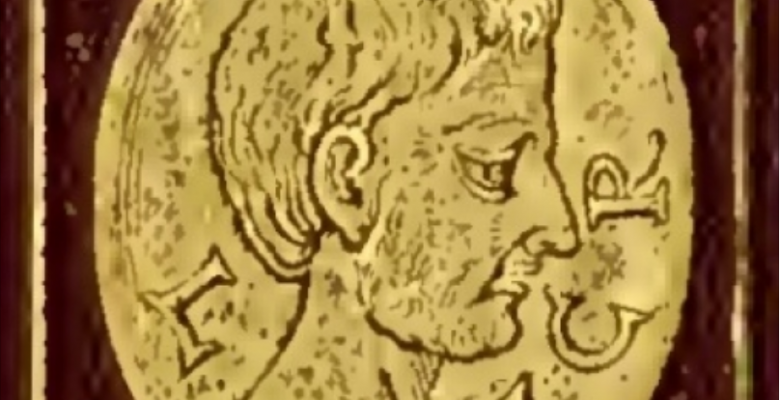Lucretius Today Podcast Episode 146 – “Epicurus And His Philosophy – Part 2 – The Three Divisions of Epicurean Philosophy
Welcome to Episode One Hundred Forty-Six of Lucretius Today. This is a podcast dedicated to the poet Lucretius, who wrote “On The Nature of Things,” the only complete presentation of Epicurean philosophy left to us from the ancient world. Each week we’ll walk you through the ancient Epicurean texts, and we’ll discuss how Epicurean philosophy can apply to you today. If you find the Epicurean worldview attractive, we invite you to join us in the study of Epicurus at EpicureanFriends.com, where you will find a discussion thread for each of our podcast episodes and many other topics.
We’re now in the process of a series of podcasts intended to provide a general overview of Epicurean philosophy based on the organizational structure employed by Norman DeWitt in his book “Epicurus and His Philosophy.” This week we take a look at the three major divisions of Epicurean philosophy. Now let’s join the discussion:
- Epicurus employed teaching devices which are important in understanding his philosophy.
** Setting The ‘Attitude’ or (diathesis, Greek). This device stresses at the very beginning the attitude to take toward the subject. For example, the Principal doctrines set the attitude to take toward gods, death, pleasure, and pain.
** Start With An ‘Outline’ or the ‘Synoptic View.’ This means starting with the ‘big picture’ before proceeding to detailed discussion of the finer points, so that the fine points are kept in perspective. Epicurus’ teachings were therefore presented in order from the general to the particular.
*** Physics:
The first principles of Physics were presented as the Twelve Elementary Principles
The First Epitome of Physics was the Letter to Herodotus
The Second Epitome of Physics is what we have today as the material adapted into poem form in Lucretius On The Nature of Things.
The Full presentation of Physics was the Thirty-Seven Books on Nature.
*** Ethics:
Ethical passages of 40 Doctrines
Letter to Menoeceus
Longer Works Now Lost.
*** Canonics:
Epistemological passages of 40 Doctrines
Epistemological passages in “On the Nature of Things”
The “Celestial Book” on Canonics now lost.
Warning: View The Literature On Epicurus With Great Care
Little remains of the trustworthy texts other than a small amount of original material from Epicurus, supplemented by the poem of Lucretius. The secondary literature is mostly hostile and cannot be received uncritically. Most modern scholars prefer to “hunt with the pack” and take the secondary literature at face value. This results in the greatly distorted picture of Epicurus dominant today.
In separating out the false material it is useful to employ another device used by Epicurus: that of contrasting and opposing “True Opinions” against “False Opinions.”

